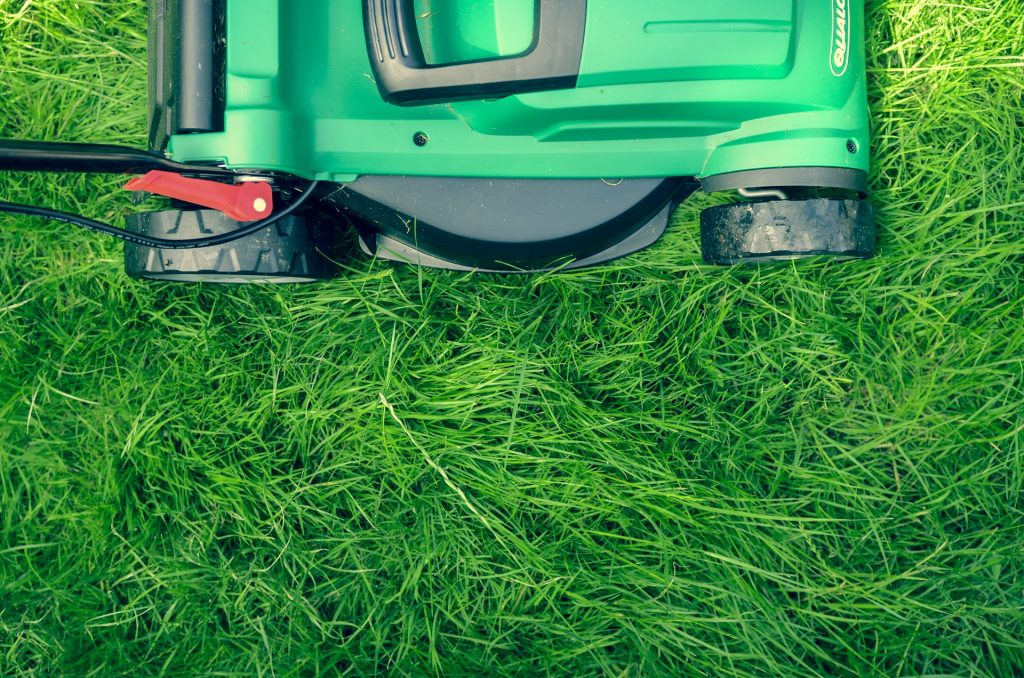
A beautiful lawn in spring and summer requires the right care in autumn. Among other things, having lush green and thick grass around the house requires fertilizing, proper mowing at the end of the season and a few other important steps which you should not neglect. Here are the most important ones
You might think that there is no need to fertilise your lawn in autumn; after all, the plants will not be growing very much at that time. In practice, applying the right amount of fertiliser makes the lawn more resistant to frost
The question of how to fertilise your lawn before winter dormancy is somewhat complicated. It is not enough to use fertilizers; you also have to know how to choose the right ones. There are two most important rules to follow:
You can choose from ready-made autumn lawn fertiliser mixes or a kilogramme of potassium salt per m2 lawn area and phosphate meal.
The second half of November is also the right time to fertilise the lawn with organic fertiliser. Manure used for this purpose will be a good complement to mineral fertilisers in terms of some of the elements they are missing. It is better to apply it later to prevent the grass from being stimulated to grow. As a rule, manure should not be applied more often than once every three years
The right time to mow the lawn for the last time before winter depends on the prevailing weather conditions. As a rule, it is carried out at the end of October or the beginning of November, although this can be postponed slightly in warm autumns. But it’s important to cut the vegetation at a height of about 4 cm. Why exactly so much? If you do it just above the soil surface, the grass may be susceptible to frost. Leaving the growth too long often results in the development of mildew and fungus, which will also have a negative effect on the condition of the lawn in spring.

Before winter is also a good time for sprouting plants that have enough moisture to do so. It is worth taking advantage of this in terms of getting rid of unwanted cavities in the lawn. Specially formulated regeneration mixes are often chosen for this. They contain grass species which can easily cover up empty and unsightly spots on the surface of the green area around the house
Not only fertilizing and mowing, but also keeping your lawn clean is important for its condition in the spring. Leaving them on the surface of the grass will accelerate the decay processes when the whole thing is under a layer of heavy snow. It is important to do this with the right tools. So use a broom rake with a narrow flexible arm span rather than a traditional weed rake. A time-saving alternative is to use a mechanical leaf vacuum. It is a good idea to put the organic material you collect in one way or another into a compost heap prepared in advance.
It is also important to aerate the lawn, known professionally as aeration. You can do this either mechanically or with a liquid that is safe for people and animals. The mechanical option involves pricking the soil with special spikes or at least a pitchfork. The purpose of the treatment is to loosen the soil and bring air and water to the soil. This will prevent the formation of mold and spoilage of plants
Photo: Pexels